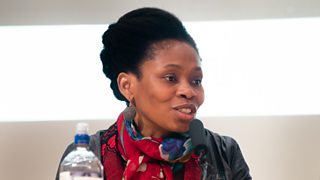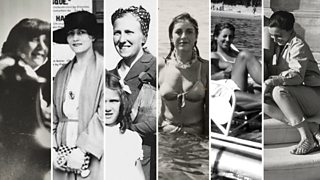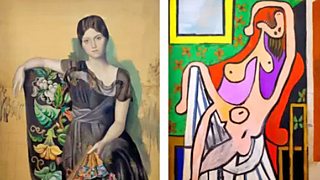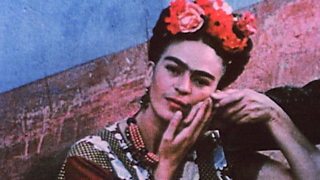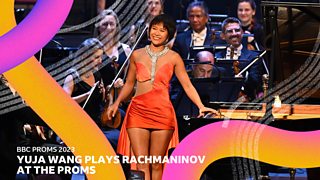Beacon of hope: The tiny bookshop that gave a big voice to black writers
6 December 2016
For half a century New Beacon Books has championed black and ethnic minority writers in the UK. As publisher and bookseller, the small London shop has provided a vital platform to authors usually ignored by the mainstream. On its 50th anniversary, BIDISHA celebrates its legacy.
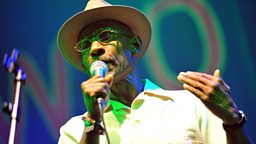
Last weekend, New Beacon Books, the UK’s first black publishers celebrated its 50th birthday with the bittersweet announcement that, despite diversifying the literary landscape, the digital revolution means that it would be closing the shop, which has stood on the same site on Stroud Green Road for all these decades.
In that time, it became a local landmark and a community hub. New Beacon Books was founded by John La Rose and Sarah White in 1966. Both a publisher and a bookshop, the small North London-based operation focused on literature from the African diaspora and hosted community events bringing multiracial and multicultural arts and activism to the UK.
The advocacy and activism that New Beacon Books provided is, it seems, as necessary as ever
Half a century later, much has changed - not least the advance of online shopping and the demise of local, independent stores and large books chains like Books Etc, Borders and Dylans alike.
At the same time the debates around diversity, which New Beacon helped to kickstart, remain. Both this year’s and last year’s Man Booker Prize for literature were won by non-white novelists, Marlon James and Paul Beatty, and shortlists have grown more diverse over the last decades.
Trinidadian poet Vahni Capildeo won the 2016 Forward poetry prize for best collection with her book Measures of Expatriation, making it the third consecutive year that a Caribbean poet has won, while the Virgin Islands-born poet Tiphanie Yanique won this year’s Forward prize for best debut collection.
Yet there is consternation amidst these victories. 2016 is the first year of the Jhalak prize for BAME authors, yet the prize chair Sunny Singh, the author of the acclaimed recent novel Hotel Arcadia, has pointed out that British publishers have only submitted 51 works for consideration so far.
'Last year the writer development agency for London, Spread the Word, published a major report into diversity within the publishing industry, called Writing the Future, which found that non-white British authors encountered discrimination, marginalisation and stereotyping in their careers.
Meanwhile, the current issue of industry bible The Bookseller focuses on diversity; a survey of the bestselling 500 titles of the year revealed that only a handful were by BAME (Black, Asian and minority ethnic) authors.
The advocacy and activism that New Beacon Books provided is, it seems, as necessary as ever.
Fifty years on and still in existence, this pioneering grassroots organisation’s anniversary was celebrated with two events in The British Library on Saturday 3rd December.
The academic Gus John gave a keynote lecture looking at the legacy of New Beacon books and the state of the arts and diversity in modern Britain.
In the evening, the poet Linton Kwesi Johnson hosted an International Poetry Night – a reminder of New Beacon’s participation in the annual International Book Fair of Radical Black and Third World Books, which were held all over the UK from 1982 to 1995 and always included a poetry night.
We still need a new generation of critics to emerge and study our literatureE Ethelbert Miller, author
Saturday’s event featured ten poets from across Europe, the Caribbean, Africa and the Middle East, including British Pakistani poet Imtiaz Dharker, national treasure John Hegley, Indian Danish Tabish Khair, British Serbian Vesna Goldsworthy and St Lucian poet Vladimir Lucien.
One of the poets taking part in the poetry night is American writer E Ethelbert Miller, who reassures me that “Black literature will always remain a stream within the mainstream [and] there will be a few best sellers now and then.”
He cautions that the industry must evolve from within: “We still need more black editors and agents. We still need a new generation of critics to emerge and study our literature. Our work should be grounded in our desire to promote and protect freedom and democracy and tell the stories associated with black genius and black pain. Our literary work should give birth to brightness.”
Professor Gus John reminds me, however, that work still needs to be done to widen out the literary canon, the publishing industry and academia: “For decades, New Beacon has guided teachers and lecturers… such that they do not have to operate within the confines of a white, Eurocentric curriculum.”
Echoing the findings of the Writing the Future report, he adds, “Black and Asian writers are far fewer in number relative to the percentage in the population of the groups to which they belong.
“Moreover, they get many more rejections by publishers and agents than their white counterparts. The same is true of visual artists and photographers with respect to galleries, exhibitions and critical appreciation of their work.”
He asserts, “I believe that there is a great deal of creative work taking place among a new generation of black and Asian artists [but] the exposure of their work is patchy and mainstream outlets … are not as inclusive as they need to be.”
Sharmilla Beezmohun, co-director of Speaking Volumes, the organisation that produced Saturday’s British Library events, says that in such a context celebrating the achievements of New Beacon is “vital”, especially in “uncertain times when the need for tolerance and inclusivity is greater than ever.”
The New Beacon 50th Anniversary Events were held on 3 December 2016 at the British Library.


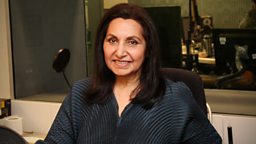
More BAME voices
More from BBC Arts
-
![]()
Picasso’s ex-factor
Who are the six women who shaped his life and work?
-
![]()
Quiz: Picasso or pixel?
Can you separate the AI fakes from genuine paintings by Pablo Picasso?
-
![]()
Frida: Fiery, fierce and passionate
The extraordinary life of Mexican artist Frida Kahlo, in her own words
-
![]()
Proms 2023: The best bits
From Yuja Wang to Northern Soul, handpicked stand-out moments from this year's Proms
